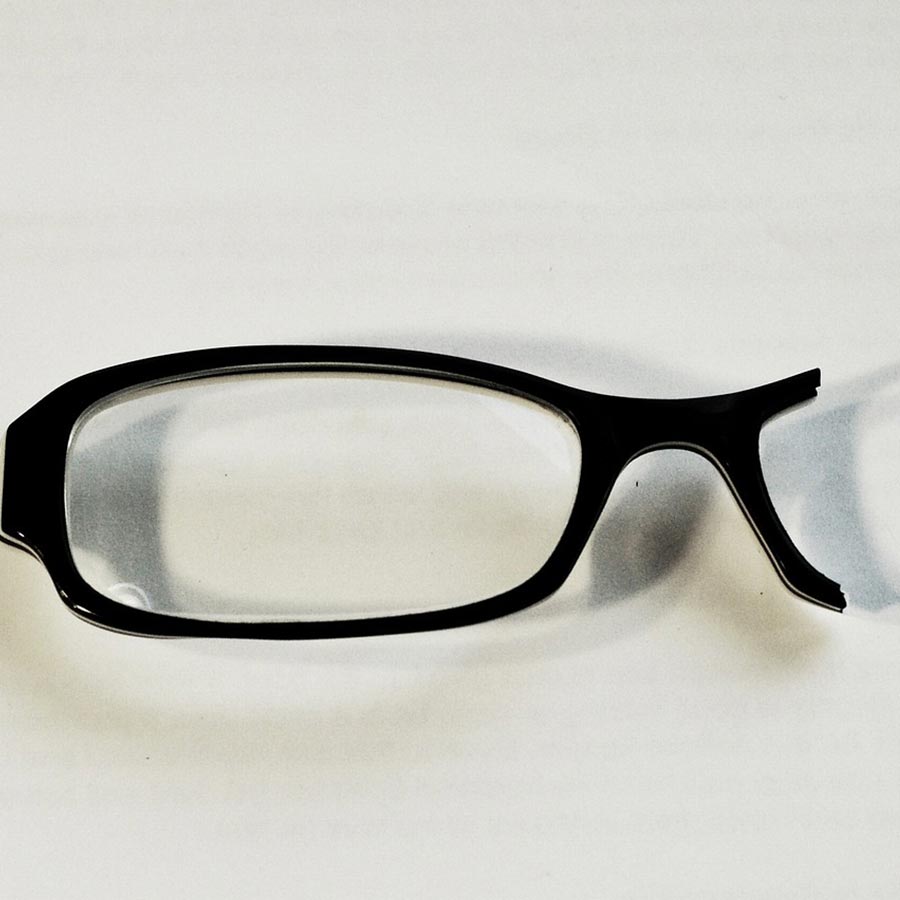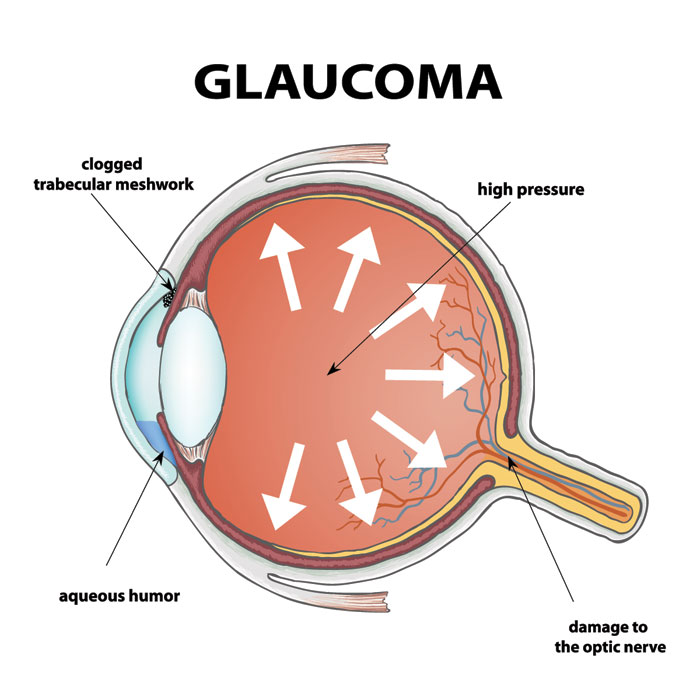Introduction
Glaucoma is a condition that requires careful management to prevent vision loss. While treatment plans focus on controlling eye pressure, several factors and habits can make the disease worse. Understanding these triggers and adopting preventive strategies can slow its progression. This guide explores the main causes, foods to avoid, risky activities, and practical tips for managing glaucoma effectively.
Causes of Glaucoma Progression
Several elements contribute to the worsening of glaucoma. Among the most common are:
High eye pressure
Elevated intraocular pressure (IOP) is the primary cause of optic nerve damage, which can lead to vision impairment.
Poor fluid drainage
When eye fluid does not drain properly, pressure builds up inside the eye, accelerating damage.
Genetic factors
Family history plays a significant role. If glaucoma runs in your family, your risk of progression increases.
Age and ethnicity
Older adults and individuals from African American, Latino, or Asian backgrounds have higher susceptibility to glaucoma.
Foods and Beverages to Avoid
Diet influences eye health. Certain foods and drinks can aggravate glaucoma symptoms:
Excess caffeine
High caffeine intake may temporarily raise eye pressure. Limit coffee, energy drinks, and strong teas.
Foods high in saturated fat
Unhealthy fats can affect blood circulation, indirectly influencing eye pressure. Replace these with healthier options like olive oil and avocado.
Sugary and processed carbohydrates
Excess sugar and refined carbs can contribute to systemic issues that affect eye health. Choose whole grains and natural sweeteners instead.
Activities That Can Worsen Glaucoma
Some physical activities raise intraocular pressure and should be approached with caution:
Inverted yoga positions
Headstands and other upside-down poses can cause a spike in eye pressure.
Inversion therapy devices
Using inversion tables or hanging upside down can increase the risk of optic nerve damage.
Prolonged head-down posture
Tasks like heavy lifting, intense workouts, or staying bent forward for extended periods can negatively impact eye pressure.
Habits That Contribute to Glaucoma Progression
Daily routines and behaviors also influence glaucoma management:
Lack of quality sleep
Poor sleep patterns and chronic sleep deprivation can affect eye health. Aim for 7–9 hours per night.
Skipping prescribed medication
Missing doses or stopping treatment without a doctor’s guidance can accelerate vision loss.
Smoking
Tobacco use is linked to poor circulation and increased glaucoma risk. Quitting smoking is crucial for long-term eye health.
Tips for Managing Glaucoma Effectively
The right approach can significantly slow glaucoma progression:
Schedule regular eye exams
Routine checkups help track pressure changes and detect issues early.
Follow your treatment plan
Use medications as prescribed and maintain consistency with your regimen.
Adopt a healthy lifestyle
Balanced nutrition, regular exercise, and stress management are essential for overall eye health.
Conclusion
Preventing glaucoma from worsening requires more than medication—it involves lifestyle changes and awareness of risk factors. By avoiding harmful foods, limiting risky activities, and committing to your treatment plan, you can protect your vision and maintain eye health. Always consult your ophthalmologist before making significant changes to your routine.




